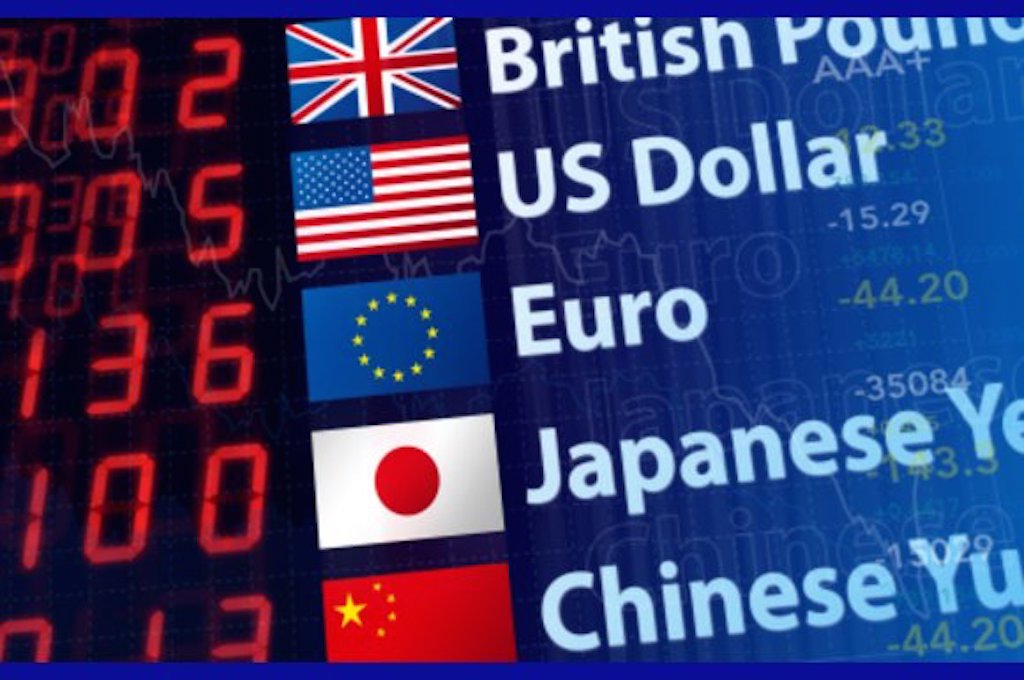
Put simply, the central bank’s “flexible foreign exchange market” is a masquerade. Beneath its intimidating combination of pigmented raffia, scary wooden mask, and the loud drumbeats of its band of travelling boosters, lies a bank clinging desperately to a sense of what the “proper” price for the naira should be.
Several years ago, a visibly exasperated President Ibrahim Babangida argued that Nigeria defies economic logic. You simply could not, therefore, interrogate a domestic economic concern, and apply solutions from the vast body of literature on economics to it, as one would be expected to do elsewhere. Failure in the husbandry of the country was but one consequence of thus proceeding. This was much more than a plea to domesticate economic literature, so that the peculiar circumstances of our economy (whatever these were, or still are) are taken into consideration when designing solutions. It was a root cause rejection of economics as a field of study valid for understanding the state of our economy.
As a tool with which to understand our space, this construct ranks with other forms of exceptionalisms regularly bruited about here (especially the one that insists that running Nigeria is so difficult, because we are a people like no other). These worldviews would have been okay, if we then proceeded to develop specific responses to our supposedly idiosyncratic shortcomings. And by contributing to the dialogue around development economics, enrich the body of thought at the cutting edge of the subject. Instead, our supposedly exceptional status has become the biggest excuse for sitting on our haunches, either twiddling our thumbs, or contemplating our navels, while the domestic economy worsens.
And the economy has turned out poorly of late. At this point it doesn’t matter what provenance we ascribe its dismal state to. The point is that whatever index one points to, Nigeria is set to do worse over the medium-term.
Interestingly, confronting these new challenges, those older forms of exceptionalism appear to be sneaking into conversations around the design of useful solutions. Take the debate around the Buhari government’s signature economic reforms, for example: allowing the balance of demand and supply to fix prices and allocate resources in the markets for foreign exchange and petrol.
Before the government was persuaded to go down these route, the “market” was touted as the final solution to the resource allocation problems that saw queues build up in both markets. But months after, problems remain: scarcity and queues bedevil the foreign exchange markets even as the naira plumbs new depths daily; and subsidies are back in the pump-gate price of petrol, even as the unsightly queues with which our petrol stations were only recently ornamented have disappeared.
Put differently, these solutions, off economic textbooks, appear only to have compounded the people’s living conditions without delivering on the benefits that the literature promised. Do these outcomes not confirm, then, the fact that Nigeria is so special that solutions that work for the rest of mankind may not simply be grafted on us?
The plain, unvarnished truth is that we have a penchant for putting round pegs in square holes. When the former turn around to implement policy in cack-handed ways, we do such policies a disservice by blaming them for failure. We are truly exceptional only in our insatiable appetite for incompetence!
Yes, they do. But only if you also believe that this special circumstance of ours is the reason why we are beset by so many problems. Because, extending this logic further, the rest of the world is so envious of how we may turn out that they insist on putting innumerable obstacles in our path.
Thankfully, though, more mundane explanations are available for the discombobulation of the Buhari administration’s attempts at embracing the market.
Let us begin with the foreign exchange markets. The truth is that the central bank came reluctantly to the market. This fact is apodictic, so I move rapidly past it. The whole “transition to the market” process got stuck, however, because the central bank would not let go of the naira’s price at the interbank foreign exchange market. Speaking to Bloomberg earlier this month, Bola Onadele, CEO of FMDQ OTC Securities Exchange, owner/manager of the platform on which trading at the interbank foreign exchange market is carried out, was not sure how to describe the result of the central bank’s embrace of the free market. He could not even bring himself to describe it as a “managed float”. According to him, “I’m not sure what we’re doing. I don’t know the objective, the strategy and success benchmarks. The dealers and bank CEOs don’t want to be reprimanded. If they quote rates freely, they may be reprimanded by the central bank.”
Put simply, the central bank’s “flexible foreign exchange market” is a masquerade. Beneath its intimidating combination of pigmented raffia, scary wooden mask, and the loud drumbeats of its band of travelling boosters, lies a bank clinging desperately to a sense of what the “proper” price for the naira should be.
With a market put together like this, it ought not to surprise that the supply of foreign currencies that ought to have accompanied freer prices failed to show up, and so the naira may very well drown under increasing demand pressure. Nor ought we to be baffled by the rising costs of bringing in petrol, which means that the N145/litre at which it currently retails may soon be unsupportable.
At bottom, then, our “uniqueness” as a people is easily explained. The plain, unvarnished truth is that we have a penchant for putting round pegs in square holes. When the former turn around to implement policy in cack-handed ways, we do such policies a disservice by blaming them for failure. We are truly exceptional only in our insatiable appetite for incompetence!
Ifeanyi Uddin, journalist manqué and retired civil servant, can be reached @IfeanyiUddin.
PremiumTimes
END

Be the first to comment